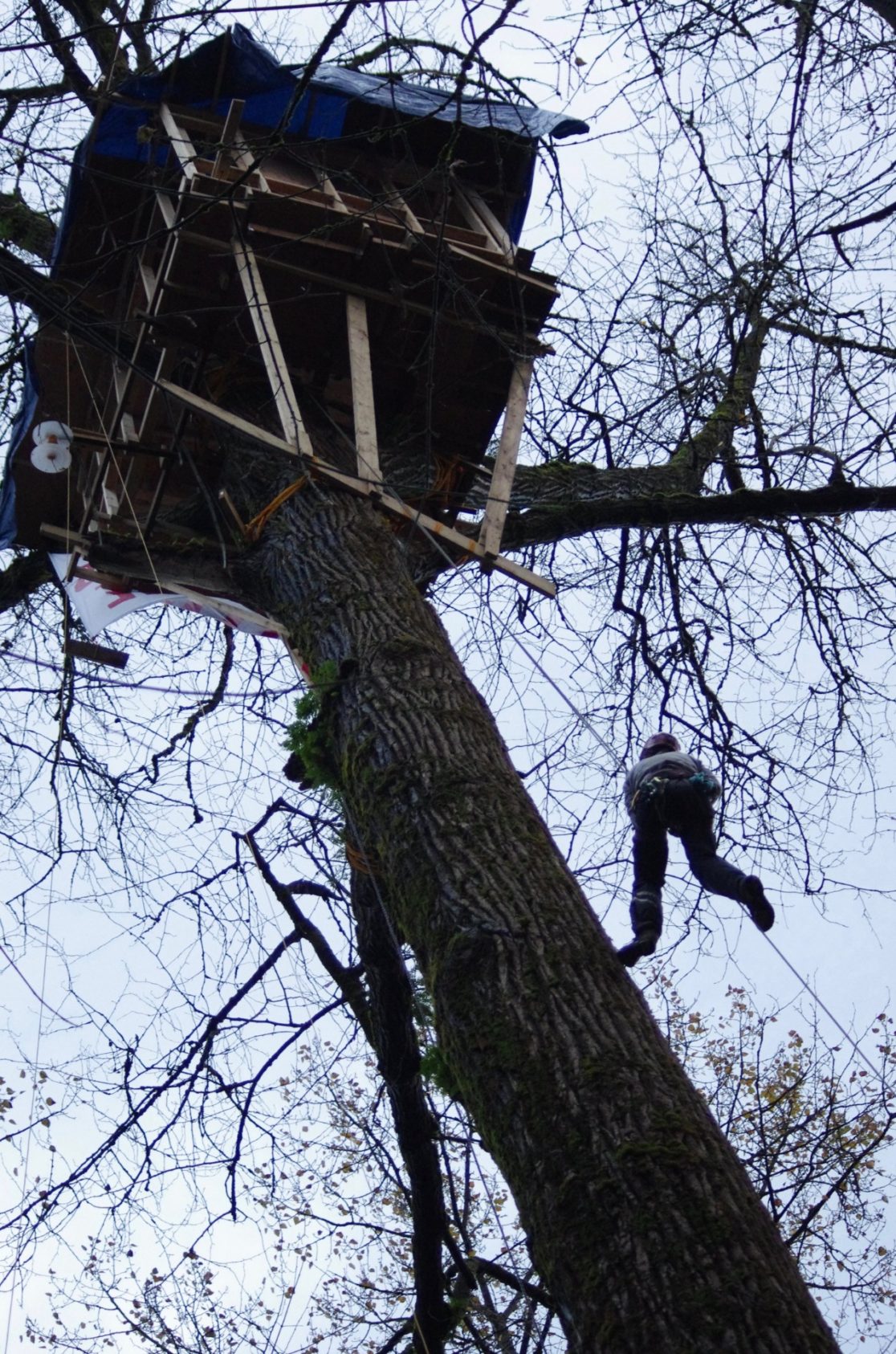Sustainable Tools for a Just Transition
Sustainable Tools for a Just Transition is an archive of performance-based strategies to promote and mobilize public support for a just transition. Created by Kimberly Richards, a research fellow with Hemi Encounters and a Postdoctoral Fellow of Public Energy Humanities in the Transition in Energy, Culture, and Society Network at the University of Alberta. A just transition centres the voices, stories, and experiences of the low-income, migrant and racialized communities most deeply impacted by most deeply impacted by global warming, changing climates, and the inequities of the fossil economy and our existing extractive systems. Created through interviews with artists and art-activists, the archive is composed of effective interventionist strategies ranging from videos of repertoires and exercises, instructional guides for making props, to how-to manuals for performative conduct to support land defenders, divestment movements, and climate action. These tools are grounded in Indigenous, decolonial, feminist, queer, and multispecies frameworks.
The framework of “sustainable tools” is developed by Natalie Alvarez, Claudette Lauzon and Keren Zaiontz in Sustainable Tools for Precarious Times in which they study “art activist tools, sustainable spaces and adaptable tactics that can be circulated, adapted and repeated in different regions of the world” (3). Sustainable tools help us to understand pressing concerns about how to “sustain and keep alive activist interventions in unsustainable and precarious times” (2). They animate multivalent meanings of sustainability from the durational to the environmental, depending on the context. Notably, sustainable tools differ from the creative, tactical acts as theorized by philosopher Michel de Certeau in that they “do not withdraw from sight, but announce their status as open-source repertoires” (12).

